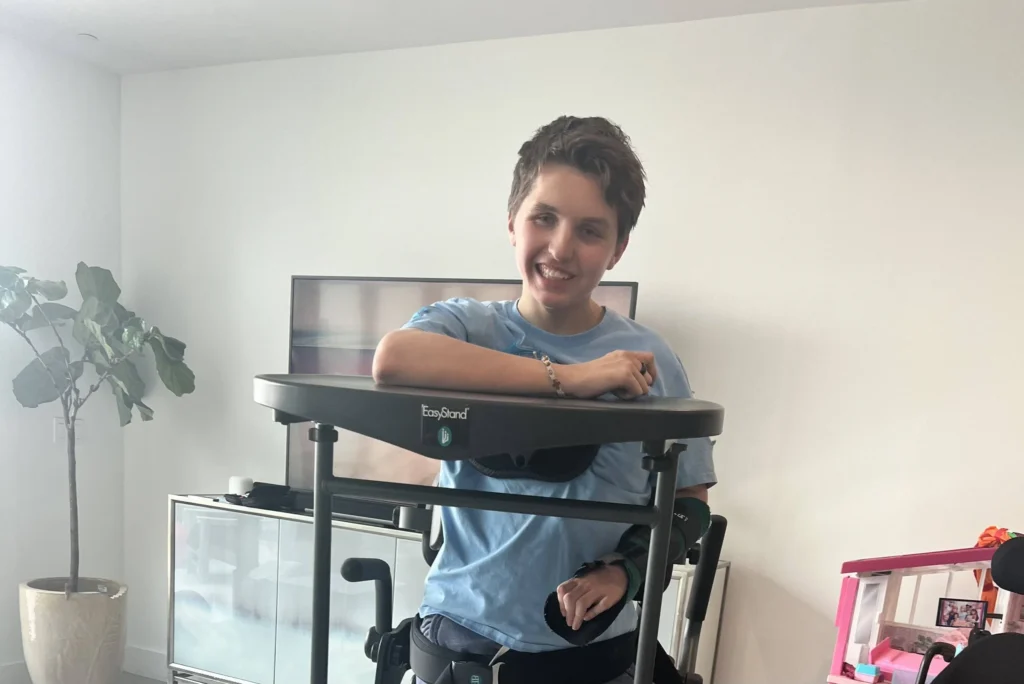Find support » Life After Stroke Blog
Stroke recovery is challenging for all, including the survivors and their caregivers. In this blog you will find useful articles and resources that will help you stay mentally and physically healthy in life after stroke.




Fuel our mission to help stroke survivors and their caregivers navigate the challenges of life after stroke. Your gift will make a difference in the lives of those who need guidance and support after a stroke.